General Overview
Côte d'Ivoire (officially called the Republic of Côte d'Ivoire), is a country located in West Africa, bordered by Liberia, Guinea, Mali, Burkina Faso and Ghana. Its southern border is along the Gulf of Guinea. In 2009, its population is estimated to 19.997.000. Its political capital is Yamoussoukro and its economical one is Abidjan. The official language is French, but more than 60 native dialects are spoken. The country is divided into 19 regions and 58 departments. The National Currency is the Central African Franc (CFA).
Historical Background
Côte d’Ivoire has had special relationships with France for a long time. In1843, a treaty made Côte d'Ivoire a protectorate of France and in 1893, it became a French colony. The country became independent on 7 August 1960. From 1960 to 1993, Félix Houphouët-Boigny has been the Côte d’Ivoire’s president. He preserved close ties with France, and maintained political and economic association with his West African neighbours. Unfortunately, since the end of Houphouët - Boigny's rule, the country has experienced two “coups d’état”, in 1999 and in 2001, more a civil war. Recent elections and a political agreement between the new government and the rebels have brought a return to peace. Since 2000, Côte d’Ivoire is led by Laurent Gbagbo.
Economic Overview
The economy of the country has been very powerful from 1960s to 1970s in West Africa, thanks to its production of coffee and cocoa. However, in the 1980s, Côte d'Ivoire went through an economic crisis, leading the country to a political and social turmoil. The Ivorian economy is largely market based and mainly depends on the agricultural sector. Almost 70% of the Ivorian people are involved in agricultural activities. Today, Côte d'Ivoire makes part of the world's largest producers and exporters of cocoa beans, coffee and palm oil.
GDP growth rate: 3.7 % in 2009 / 4.2% in 2010.
Direct Foreign Investment Figures
Direct foreign investment plays a key role in the economy of the country, accounting for 40% to 45% of total capital in Ivoirian firms. France is the most important foreign investor: previously, French investment has represented 25% of the total capital in Ivoirian companies, and about 60% of the foreign investment capital.
Imports: Fuel, Rubber, Textiles Products, Vehicles, Machinery.
Exports: Cocoa Beans & Products, Coffe, Tea, Timber, Palm Oil, Plastic Products, Edible Oils, Sugar, Rubber, Animals, Chemical Products, Alcohol, Bananas, Pineapples, Cotton.
The Ivorian Oil Industry
By far the most important mineral in the Ivory Coast is petroleum. Petroleum has been discovered in the beginning of 1970s on the coast of Jacqueville, west of Abidjan.
The oil industry of the Ivory Coast is one of the key elements in the economy of the country. The downstream industry is particularly well developed with an oil refinery at Abidjan and 8 oil companies involved in the distribution and marketing of petroleum products.
In the 1980's, the government decided that the oil, gas, and energy sectors will drive the economy in futures decades. Nowadays, Côte d’Ivoire is self sufficient in producing refined petroleum products and is one of the main suppliers to the West African region. Offshore discoveries, including gas ones in the Gulf of Guinea provide opportunities for hydrocarbon exploration in the Ivory Coast. The country has begun to develop and use the gas reserves discovered in the 1980’s. The Ivory Coast is about to become a regional gas exporter.
PETROCI: Côte d’Ivoire’s oil and gas industry is managed by Petroci, Société Nationale d’Opérations Pétrolières de Côte d’Ivoire, a national oil company which was founded in 1975. In 1998 it has been restructured in four new entities: Petroci Holding, a fully state-owned company that is responsible for the state's portfolio management in the oil sector, and the three subsidiaries: Petroci Exploration-Production (upstream hydrocarbon activities), Petroci-Gaz (development of the gas sector) and Petroci Industries-Services (responsible for all other related services).
SIR: Société Ivoirienne de Raffinage, is the major source of refined petroleum products for West Africa. It is the leading industrial plant and the third ranking company in French-speaking Africa.
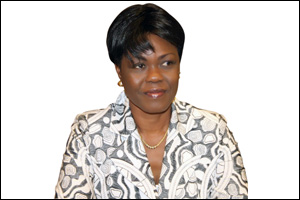 Madame Nialé KABAMinistre de l’économie et des financesMinistère de l’économie et des finances Madame Nialé KABAMinistre de l’économie et des financesMinistère de l’économie et des finances | 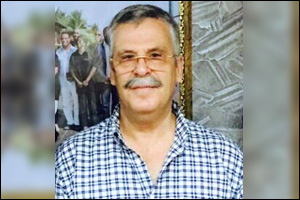 Chakib BerradaDirecteur Général de la Société de Distribution de Télécommunication (SODITEL)Société de Distribution de Télécommunication (SODITEL) Chakib BerradaDirecteur Général de la Société de Distribution de Télécommunication (SODITEL)Société de Distribution de Télécommunication (SODITEL) | 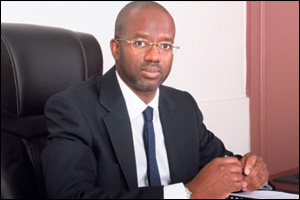 Jean-Euloge SORO-KIPEYADirecteur Général de l’Agence Nationale du Service Universelle des Télécommunications – Tic (ANSUT)Agence Nationale du Service Universel Jean-Euloge SORO-KIPEYADirecteur Général de l’Agence Nationale du Service Universelle des Télécommunications – Tic (ANSUT)Agence Nationale du Service Universel | 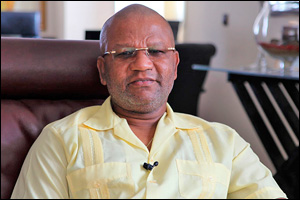 Stephane EholiéDirecteur GénéralSociété Ivoirienne de Manutention et de Transit (SIMAT) Stephane EholiéDirecteur GénéralSociété Ivoirienne de Manutention et de Transit (SIMAT) |
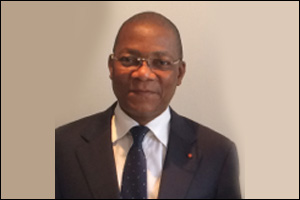 S.E.M Bruno Nabagne KONEMinistre de la Poste et des Technologies de l’Information et de la Communication et Porte Parole du GouvernementMinistere de la Poste et des Technologies de l’Information et de la Communication S.E.M Bruno Nabagne KONEMinistre de la Poste et des Technologies de l’Information et de la Communication et Porte Parole du GouvernementMinistere de la Poste et des Technologies de l’Information et de la Communication | 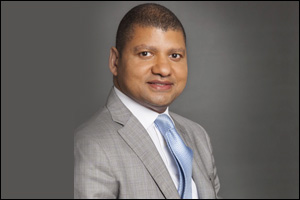 S.E.M Jean Louis BILLONMinistre du Commerce, de l'Artisanat, et de Promotion des PMEMinistere du Commerce, de l'Artisanat, et de Promotion des PME S.E.M Jean Louis BILLONMinistre du Commerce, de l'Artisanat, et de Promotion des PMEMinistere du Commerce, de l'Artisanat, et de Promotion des PME | 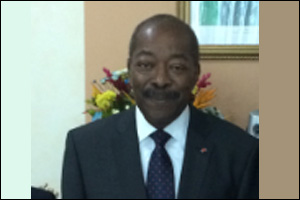 S.E.M Roger KACOUMinistre du TourismeMinistere duTourisme Côte d'Ivoire S.E.M Roger KACOUMinistre du TourismeMinistere duTourisme Côte d'Ivoire | 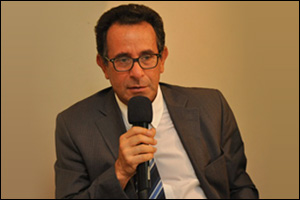 Dr. Joseph KHOURYPrésidentChambre de Commerce et d'Industrie Libanaise de Côte d'Ivoire Dr. Joseph KHOURYPrésidentChambre de Commerce et d'Industrie Libanaise de Côte d'Ivoire |
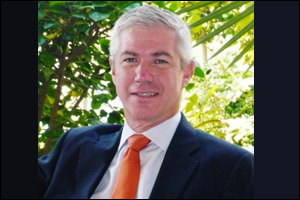 Thierry de JahamDirecteur GénéralHotel Ivoire (Sofitel) Thierry de JahamDirecteur GénéralHotel Ivoire (Sofitel) | 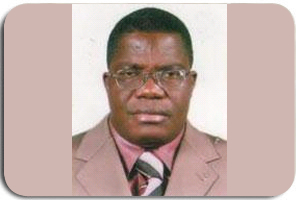 Raymond GnanSIBAGEC Raymond GnanSIBAGEC | 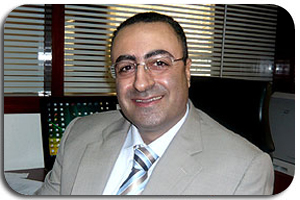 M. KANAAN Fadi.Direction GénéraleSETACI-KIA MOTORS M. KANAAN Fadi.Direction GénéraleSETACI-KIA MOTORS | 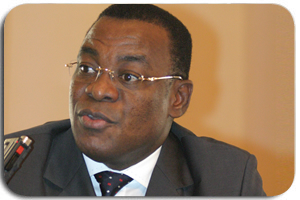 Affi N GuessanPrésident du FPIPt Affi N’Guessan Affi N GuessanPrésident du FPIPt Affi N’Guessan |
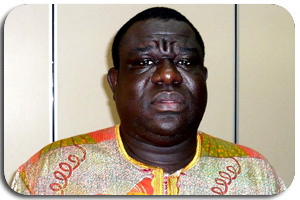 AKPALE YOROBA Serge RaphaëlDirecteur GénéralSYRAF-CAO AKPALE YOROBA Serge RaphaëlDirecteur GénéralSYRAF-CAO | 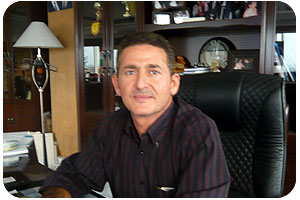 Mr Kawar JalalDirecteur général Abidjan, Côte d’IvoireORCA DECO Mr Kawar JalalDirecteur général Abidjan, Côte d’IvoireORCA DECO |
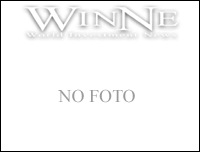 Sofitel Abidjan Hôtel IvoireTourism Sofitel Abidjan Hôtel IvoireTourism |  IVOTELTourism IVOTELTourism |  Ivoire Voyage TourismeTourism Ivoire Voyage TourismeTourism |  GRAND HÔTEL D’ABIDJANHotels GRAND HÔTEL D’ABIDJANHotels |
 Atlantic Financial GroupFinance Atlantic Financial GroupFinance |  INTUITION DRAFT FCBAdvertisement INTUITION DRAFT FCBAdvertisement |  BFAFinance BFAFinance |  Carré d’OrTrade & Industry Carré d’OrTrade & Industry |
 OCEAN OGILVYAdvertisement OCEAN OGILVYAdvertisement |  IVOTELTourism IVOTELTourism |  RUE PRINCESSENTIC RUE PRINCESSENTIC |  ORCA DECOTrade & Industry ORCA DECOTrade & Industry |
 SETACI – KIA MOTORSTrade & Industry SETACI – KIA MOTORSTrade & Industry |  SIBAGEC (Société Ivoirienne de Bâtiment et Génie Civil)Construction and Infrastructure SIBAGEC (Société Ivoirienne de Bâtiment et Génie Civil)Construction and Infrastructure |